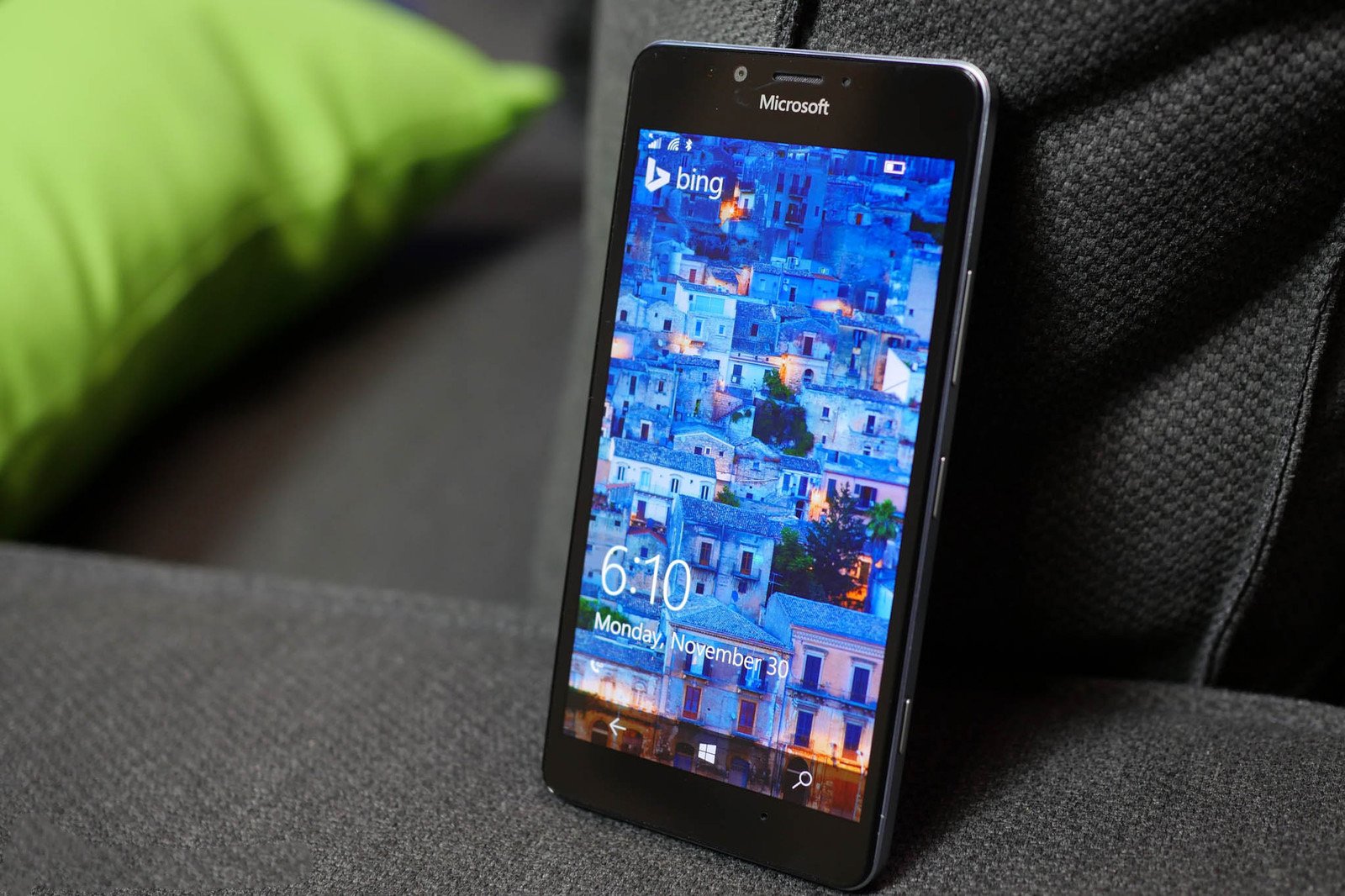Where to buy a Windows phone in 2022
If you need a new phone and you don't want anything but a Windows phone, there are still easy ways to get one.

All the latest news, reviews, and guides for Windows and Xbox diehards.
You are now subscribed
Your newsletter sign-up was successful
The future for Microsoft-powered smartphones is bleak. But nevertheless, the platform is still supported and will be for some time. The harder part is buying a new phone, since no one is making them anymore, and stocks aren't exactly high.
But if you know where to look you'll still be able to find one.
Amazon
If you can buy something there's always a strong chance you'll find it on Amazon. Prices are pretty random, but there are a lot of resellers on Amazon, selling new, refurbished and used items, and it seems like there are plenty of choices.
Newer phones like the Alcatel Idol 4S can be had for $170, as can a Lumia 950 in various states of new, used and refurbished for differing prices.
eBay
As with Amazon, if there's something you want to buy there's a solid chance you'll find it on eBay. Gone are the days of buying only used products, since many merchants use the platform now as a storefront for new and refurbished hardware.
The great thing with eBay is that if there's a particular phone you want, you'll probably find it.
All the latest news, reviews, and guides for Windows and Xbox diehards.
Swappa
Whether you're buying or selling, Swappa is a great place to go. There is a set list of conditions that a device must meet before it can be sold, which also gives the buyer more confidence. If the device doesn't meet expectations, PayPal's protection should handle it. Sales go through PayPal so you've got some good options if you're not happy.
And, again, the choice will be pretty varied, though the chances of landing brand new hardware are less.
Craigslist
This is not necessarily the first place we'd recommend you go looking for a new phone, but Craigslist remains a popular enough way to buy and sell items. You're more limited in a sense, because you'll have to actually go and get the item from the seller, so unless you're really keen you'll be keeping to your local area.
And it's always a good idea to meet in a public place to close the sale, with people around, preferably.
Windows Central Marketplace
The Windows Central community is full of avid Microsoft users, meaning there are often devices for sale and for trade. Go check it out!
Check out the Windows Central marketplace
Your tips
If you've got a hidden gem we didn't mention that can help folks find a Windows phone in 2018 be sure to drop it into the comments below!
Updated August 23, 2018: As Microsoft no longer sells Windows phones we've removed it from the list.

Richard Devine is the Managing Editor at Windows Central with over a decade of experience. A former Project Manager and long-term tech addict, he joined Mobile Nations in 2011 and has been found in the past on Android Central as well as Windows Central. Currently, you'll find him steering the site's coverage of all manner of PC hardware and reviews. Find him on Mastodon at mstdn.social/@richdevine
